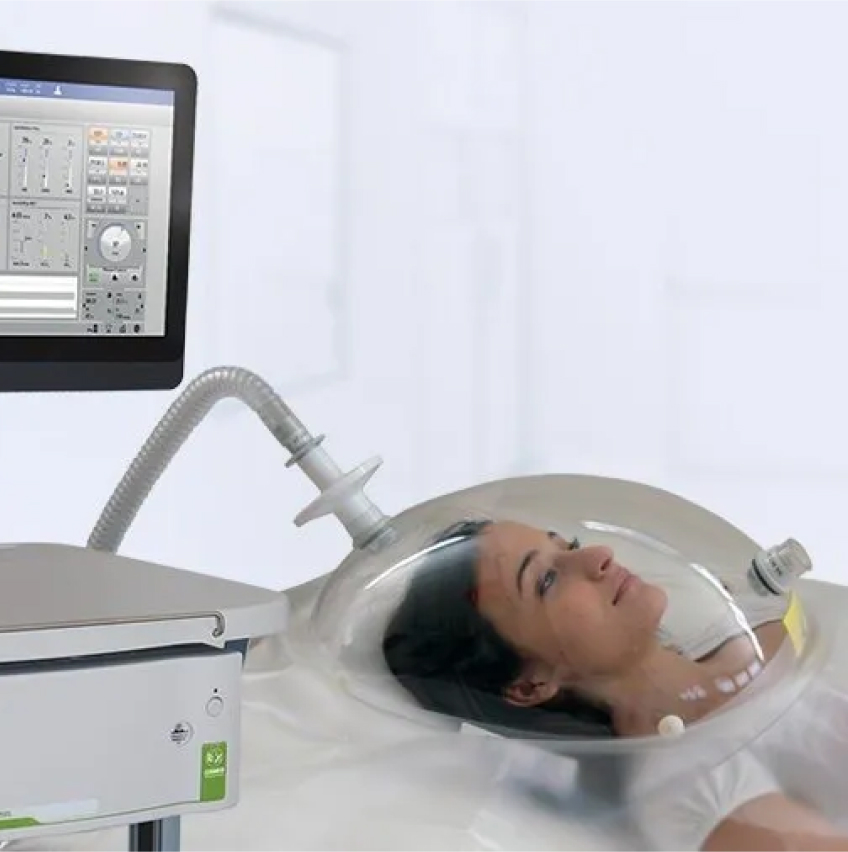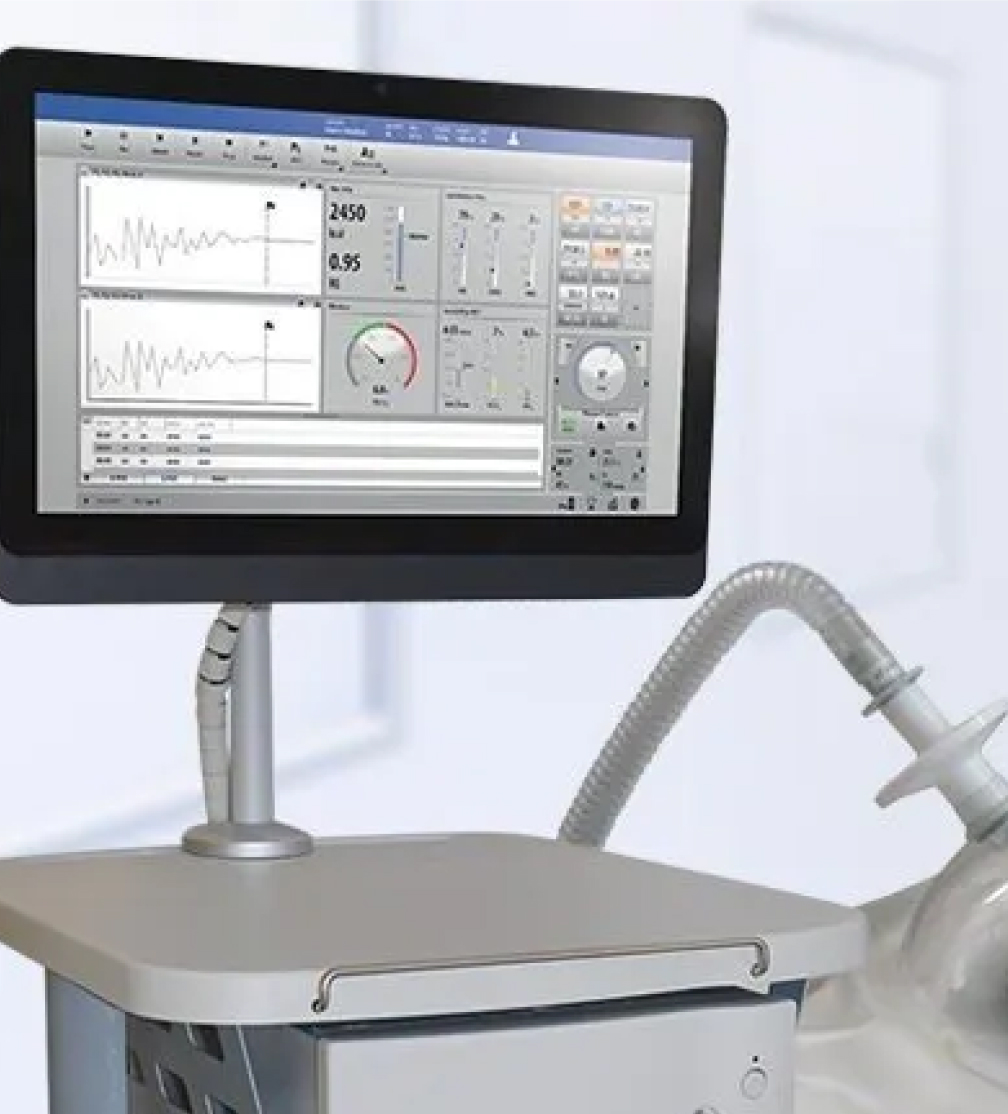
At the Kahm Center for Eating Disorders, we utilize metabolic testing as a key tool to support individualized, evidence-based care. This process helps our clinical team understand the impact of disordered eating on the body, guiding tailored nutrition plans and providing insight into the patient’s nutritional recovery.
Metabolism is the complex series of chemical processes by which the body converts the energy from food and drink into fuel for life. Every heartbeat, breath, and step requires energy, as does cellular growth, reproduction, and repair. Metabolism is how an apple becomes a heartbeat or how a bagel powers a marathon.
In a well-nourished state, the body seamlessly uses this energy to sustain vital functions, physical activity, and overall health. However, disordered eating can disrupt these processes, leading to imbalances that affect not only physical health but also emotional and cognitive functioning. Understanding an individual’s metabolic state is a critical component of recovery from eating disorders.

Metabolic testing measures your metabolic rate, simply the amount of energy your body uses over a given period. At the Kahm Center for Eating Disorders, we use a gold-standard method of measuring metabolic rate known as indirect calorimetry. The Kahm Center uses the same machines that are used by many of the best scientists in the world.
Indirect calorimetry measures how much oxygen you breathe in and how much carbon dioxide you breathe out and uses these measurements to calculate your metabolic rate. This is possible because the amount of oxygen you inhale and the carbon dioxide you exhale are proportional to the amount of energy your body uses. The underlying biochemistry is complex, but put simply, the chemical processes by which food and drinks are converted into bodily energy require oxygen, and carbon dioxide is a byproduct of these processes.
In fact, the reason why we need to breathe to stay alive is precisely because our bodies need oxygen for metabolism.
Our bodies rely on three primary types of fuel for energy: carbohydrates, proteins, and fats. Each plays a distinct and necessary role in maintaining health and supporting bodily functions. Metabolic testing provides insights into how the body is utilizing these fuels, helping us understand whether a person is getting the nourishment they need. This level of precision—far beyond what online calculators or standard formulas can provide—is essential for understanding how disordered eating impacts the body’s energy needs and for crafting effective, individualized treatment plans.

Eating disorders disrupt the body’s ability to process and utilize energy, often resulting in malnutrition. Malnourishment affects every system in the body, contributing to severe medical complications that, in many cases, can be resolved with proper nourishment.
Metabolic testing provides a clear picture of a person’s nutritional state, offering insights that cannot be captured by tools like weight, BMI, or even lab work. It allows us to see how the body is functioning internally—beyond external appearance—by measuring key indicators of metabolic health. This information helps our clinical team:
• Assess the degree of malnourishment and the impact on the body’s energy systems.
• Develop precise nutrition plans to address deficiencies and restore balance.
• Monitor progress over time and adjust care as metabolism normalizes.
Metabolic testing also plays a vital role in challenging the biases and misconceptions that surround eating disorders. It validates the severity of disordered eating behaviors in individuals of all body sizes, helping to dismantle the overreliance on outdated metrics like BMI.
At the Kahm Center, metabolic testing is integrated into a comprehensive, weight-neutral approach to eating disorder care. Results are used solely as tools for understanding and guiding recovery—not for comparison, judgment, or any focus on weight loss. Clients are given information about their test results and help to understand what they mean, to support healing without reinforcing diet culture or harmful narratives about body size.
By linking metabolic testing with clinical expertise and individualized care, we help clients reclaim their health and well-being in a way that prioritizes their physical and emotional recovery.
Metabolic testing is just one of the tools we use to address the physical and mental health needs of individuals recovering from eating disorders. To learn more about our weight-neutral approach, visit our blog: “Metabolic Testing and Body Composition Analysis: A Weight-Neutral Approach”.
Located in Burlington, Vermont, the Kahm Center provides outpatient care for eating disorders with a focus on evidence-based, compassionate treatment. If you or a loved one are struggling, reach out today and begin your journey toward recovery.

Nick Kahm, a former philosophy faculty member at St. Michael's College in Colchester, VT, transitioned from academia to running the Kahm Clinic with his mother. He started the clinic to train dietitians in using Metabolic Testing and Body Composition Analysis for helping people with eating disorders. Now, he is enthusiastic about expanding eating disorder treatment through the Kahm Center for Eating Disorders in Vermont.